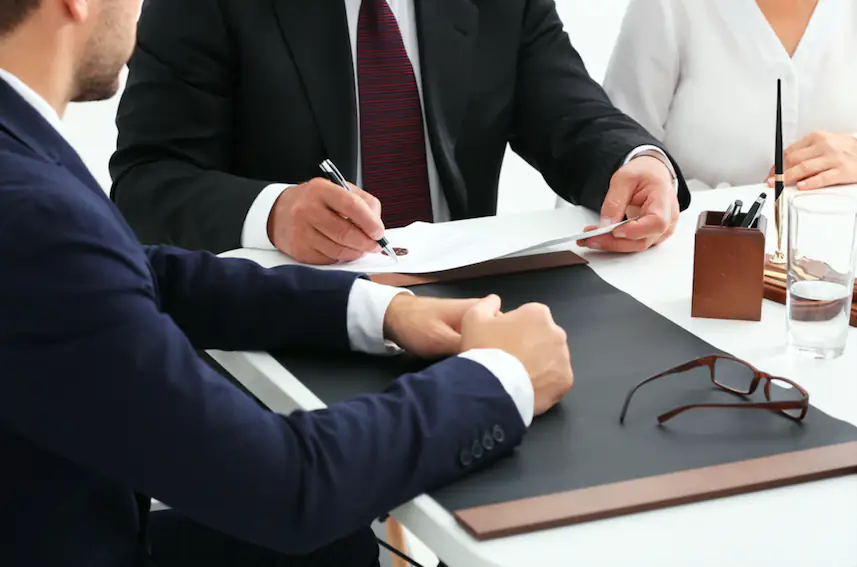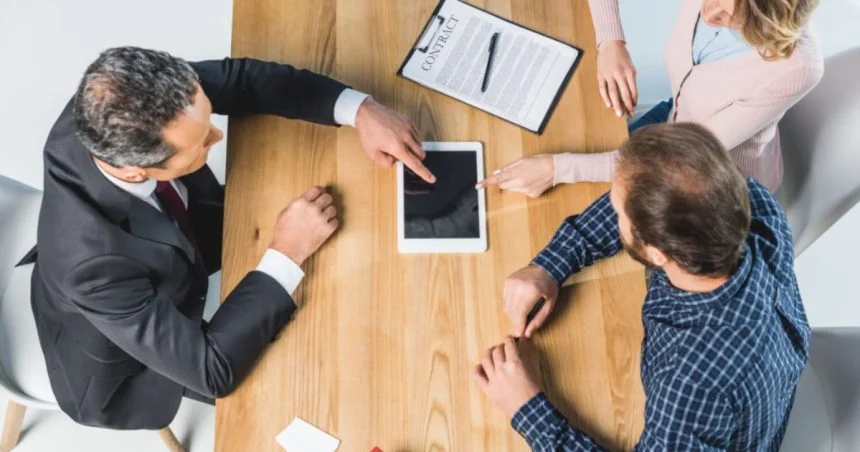Meeting with a criminal lawyer in Ottawa for the first time can be nerve-wracking, but knowing how to prepare can make it a lot easier. This initial consultation is your chance to set the stage for your legal defense, so it’s important to be well-prepared and informed.
To get the most out of your meeting, gather essential documents, formulate key questions, and understand the costs involved. With these steps, you’ll ensure that your lawyer has all the information they need and that you leave the meeting feeling confident and clear about the next steps.
Understanding the Role of a Criminal Lawyer
When you’re facing legal troubles, knowing what a criminal lawyer does can make all the difference. A criminal lawyer in Ottawa is like your personal guide through the legal system, working to defend you against criminal charges. Their expertise helps navigate the complexities of your case and ensures your rights are protected.
What Does a Criminal Lawyer Do?
A criminal lawyer’s main job is to represent you in court if you’re accused of a crime. They help protect your rights and work to get you the best possible outcome. This might mean negotiating lesser charges, getting a lighter sentence, or even winning your case outright.
Types of Cases They Handle
Criminal lawyers deal with a wide range of cases. These include serious offenses like theft, assault, and drug charges, as well as less severe issues like misdemeanors. Whether it’s a big or small case, their goal is to provide strong defense.
Understanding what a criminal lawyer does helps you see why it’s so important to choose the right one. They are your advocate, fighting to achieve the best results for you in a challenging situation.

Gathering Essential Documents and Information
When preparing for your first meeting with a criminal lawyer, gathering essential documents and information is crucial. This helps your lawyer understand your case better and offer the best advice.
Personal Identification
Start by bringing personal identification. This includes your driver’s license, state ID, or passport. These documents prove who you are and help the lawyer verify your identity.
Case-Related Documents
Next, collect any documents related to your case. This could be police reports, arrest records, court papers, or any evidence you have. These documents give your lawyer a clear picture of what happened and are vital for building your defense.
Previous Legal Records
If you have a history of legal issues, gather information about those cases as well. Previous legal records can be important for understanding your situation and planning your defense strategy.
By gathering and organizing these essential documents and information, you’re setting yourself up for a productive and effective consultation with your criminal lawyer.
Formulating Questions for Your Lawyer
When you meet with your criminal lawyer, asking the right questions is crucial to understanding your case and how to move forward. Preparing a list of questions can help you get the most out of your consultation.
- General Questions to Ask: Start by asking about the lawyer’s experience and approach. For instance, you might ask how long they’ve been practicing, how many cases similar to yours they’ve handled, and what their success rate is. This will help you gauge their expertise and build confidence in their ability to represent you effectively.
- Case-Specific Questions: Next, focus on questions related to your particular case. Inquire about their strategy for handling your situation and what you can expect throughout the legal process. Questions such as what possible outcomes might be and how long the case could take will provide you with a clearer picture of what lies ahead.
- Questions About Fees: It’s also essential to ask about fees. Find out whether the lawyer charges a flat fee or an hourly rate, and whether there might be any additional costs involved. Understanding the financial aspects will help you plan and avoid any unexpected expenses.
By formulating these questions ahead of time, you’ll be well-prepared for your meeting and ensure that you cover all the important points.

Understanding Legal Fees and Costs
Understanding legal fees and costs is crucial when preparing to work with a criminal lawyer. Knowing how much you’ll pay and what those costs cover helps avoid surprises and ensures you’re prepared financially.
Types of Legal Fees
Criminal lawyers may charge in a few different ways. Some use a flat fee, where you pay a set amount for the entire case. Others charge hourly rates, meaning you pay for the time they spend working on your case. Ask your lawyer which method they use and how it affects your total cost.
Additional Costs
Besides the main fee, there may be extra costs to consider. These could include court fees, costs for expert witnesses, or charges for obtaining records. Make sure to ask about these potential extra expenses so you can budget accordingly.
Payment Plans and Arrangements
Discuss payment options with your lawyer. Some may offer payment plans or allow you to pay in installments. This can make managing your expenses easier, especially if the case is expected to be lengthy or complex.
By understanding legal fees and costs upfront, you’ll feel more in control of your financial situation and can focus on addressing your legal matters effectively.
FAQs
1. What should I bring to my first meeting with a criminal lawyer?
Bring personal identification (like a driver’s license), any case-related documents (such as police reports or court papers), and a list of important details about your case. Gathering these materials helps your lawyer understand your situation better.
2. How do I know if a criminal lawyer is right for me?
Assess compatibility by noting if the lawyer listens to your concerns and respects your views. Ensure they communicate in a way that works for you and are accessible when needed. Trust your instincts about whether you feel comfortable and confident in their abilities.
3. What are common types of legal fees for criminal lawyers?
Criminal lawyers typically charge either a flat fee for the entire case or an hourly rate for their time. Be sure to ask which method they use and what additional costs might be involved, such as court fees or expert witness fees.
Conclusion
Ready for your first meeting with a criminal lawyer? With these tips, you’ll walk in confident and prepared. By following these steps, you’ll make the most of your consultation and set yourself up for success. Remember, preparation is key to a great start!







